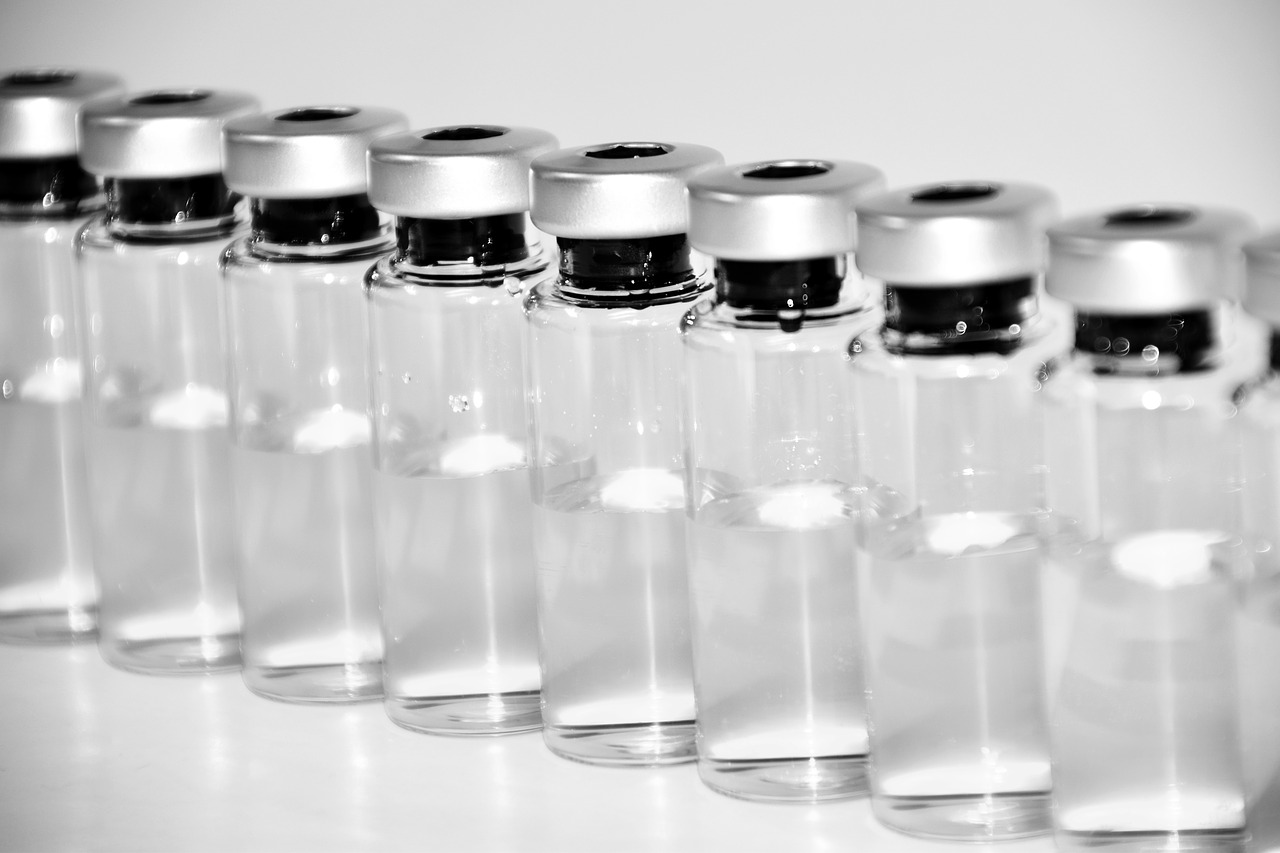The Singapore Ministry of Health (MOH) has announced it will provide financial aid for those who suffer serious side effects from getting their COVID-19 vaccines in Singapore.
In a press statement, MOH added that more than 113,000 people in Singapore have received their first dose of the Pfizer-BioNTech COVID-19 vaccine, while more than 50 of them have completed their full vaccination regime after receiving their second dose. Of those who have been vaccinated, there have been 432 “adverse event reports” from healthcare professionals, MOH said.
“Most of these reports were for regular symptoms such as injection site pain and swelling, fever, headache, fatigue, body aches, giddiness, nausea and allergic reactions such as itch, rash, swelling of eyes or lips or both. Three people suffered anaphylaxis, which is a severe allergic reaction known to be experienced by a very small proportion of the population. All had recovered after a day in hospital and had been discharged," it added.
The financial assistance scheme is called the vaccine injury financial assistance programme for COVID-19 vaccination (VIFAP). It will provide two tiers of support to those who may be adversely affected by their inoculation. The first is a one-time payout of up to SGD 10,000 that will be given to those who were hospitalised and required care in the high dependency or intensive care unit, but later recover from the side effects caused by the vaccine.
The second is a payout of SGD 225,000 that will be provided when a person dies or suffers permanent severe disability as a result of the vaccination. MOH stressed that those who have experienced serious side effects after their COVID-19 vaccinations can continue to receive support through the applicable healthcare schemes, such as the Central Provident Fund's MediShield Life as well as subsidies at Singapore’s public healthcare institutions.
To qualify for the financial support, the person must be a Singaporean, permanent resident or long-term pass holder who received their vaccination here.
The person must have “experienced a serious side effect that is potentially life-threatening or fatal, and has required inpatient hospitalisation or has caused persistent incapacity or disability,” MOH said.
MOH added that it has since also appointed an independent clinical panel comprising experts in the relevant fields such as neurology, immunology and infectious diseases, to assess and adjudicate VIFAP applications.



